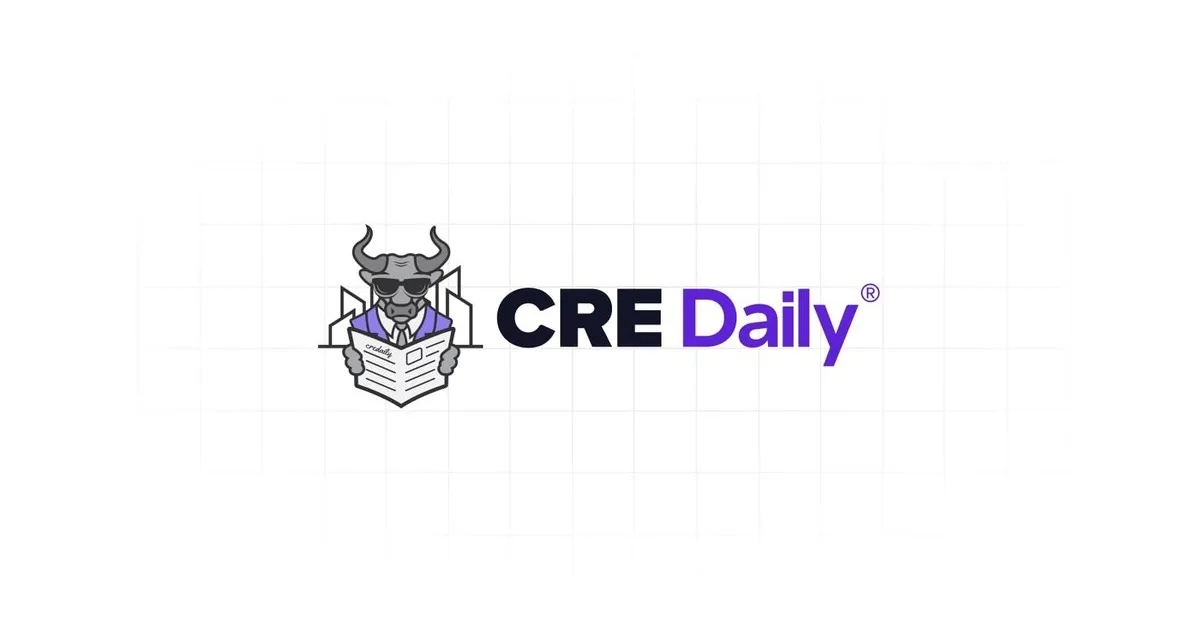- A bill introduced by Sen. Tim Scott aims to expand access to private securities by allowing any investor who passes a ‘financial sophistication test’ to invest.
- Critics argue that removing the wealth threshold could expose more investors to the risks of opaque and illiquid investments, benefiting private companies and Wall Street firms.
- The proposal continues a debate on whether investment opportunities should be based on financial acumen rather than net worth.
A new legislative proposal would make investing in private companies, typically reserved for the wealthy, accessible to more Americans.
According to WSJ, a new bill introduced by Sen. Tim Scott (R., S.C.) would allow individuals to invest in private securities if they can pass a financial literacy test. This would bypass the current requirement that limits access to accredited investors—those with at least $1M in net assets or a yearly income of $200K ($300K for joint households).
Diversifying Nest Eggs
The proposed bill would direct the Securities and Exchange Commission (SEC) or another regulator to create an exam testing financial sophistication. This would include questions on securities types, disclosure rules, corporate governance, financial statements, and the risks associated with liquidity and leverage in private investments.
Advocates say that passing such a test would demonstrate an investor’s ability to handle the complexities of private markets, offering a new pathway for those without substantial assets.
“Investing your hard-earned money in startup businesses in your community shouldn’t be limited to the wealthy,” said Sen. Scott, emphasizing the potential benefits of opening private markets to knowledgeable, smaller investors.
Existing Rules, Proposed Changes
Current regulations define accredited investors based on wealth or income, a standard established in the 1980s.
Despite inflation driving the number of qualifying households from 1.5M in 1983 to over 24 million in 2022, the fundamental criteria have seen little revision. The SEC took steps to broaden access in 2020, allowing people with stockbroker licenses or certain firm employees to invest, but this expansion has been limited.
Supporters argue that the shift toward a knowledge-based standard would democratize investment opportunities. The concept is already gaining traction. In 2023, the House of Representatives passed a bill endorsing a similar examination-based approach for determining accredited status.
Critics Raise Concerns
The proposal has sparked a heated debate over whether financial knowledge is enough to protect individual investors from the risks inherent in private securities. These investments can be illiquid, difficult to sell, and lack the transparency required of public companies, making them high-risk ventures.
“Knowledge cannot protect people from the potential losses if they invest in risky, opaque, and illiquid private offerings,” said Patrick Woodall, managing director for policy at Americans for Financial Reform. He warned that changing the rules could weaken safeguards and primarily benefit private companies and Wall Street firms eager for more investment capital.
Get Smarter about what matters in CRE
Stay ahead of trends in commercial real estate with CRE Daily – the free newsletter delivering everything you need to start your day in just 5-minutes
Regulatory Hurdles
There are still many unresolved questions regarding how such a test would work, including how to prevent cheating and what specific topics would be covered. A Senate aide suggested it should be challenging enough to ensure genuine understanding but not so difficult as to be prohibitive.
Despite the bill’s support, its passage faces political challenges. With Republicans currently in the minority, the legislation is unlikely to advance unless the party gains more seats in upcoming elections.
Proponents remain hopeful, believing the idea could garner bipartisan support due to its appeal of leveling the playing field for savvy investors.
Changing Landscape
The debate highlights a broader shift in the financial landscape, where private markets have become increasingly attractive to firms and investors alike.
As private companies have grown larger and more profitable, Wall Street has been pushing to open up these opportunities to a wider audience. As much as $50B in private market transactions were reported during the pandemic years from 2020 to 2022. Yet regulation has lagged behind this growth, keeping most everyday investors on the sidelines.
Sen. Scott’s proposed bill could mark a turning point in how access to these high-reward markets is defined. However, until a consensus is reached on balancing opportunity with protection, the doors to private investment are likely to remain mostly closed to those without significant financial resources.
















